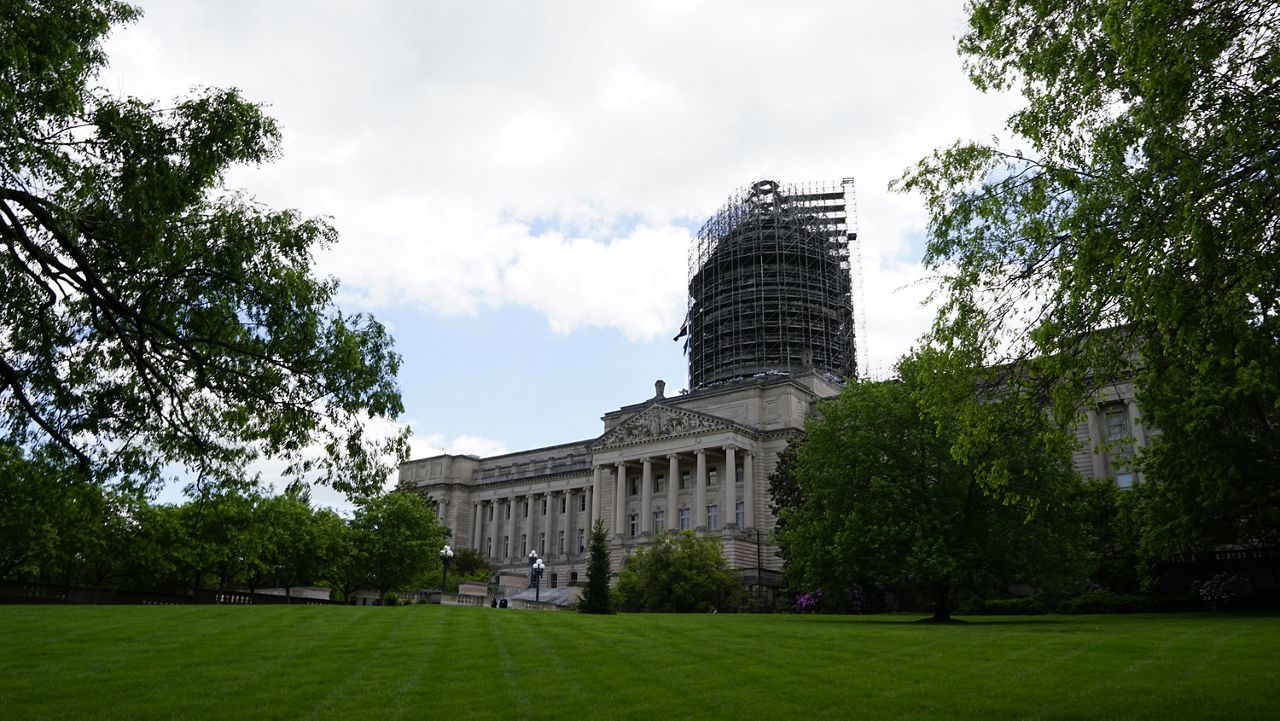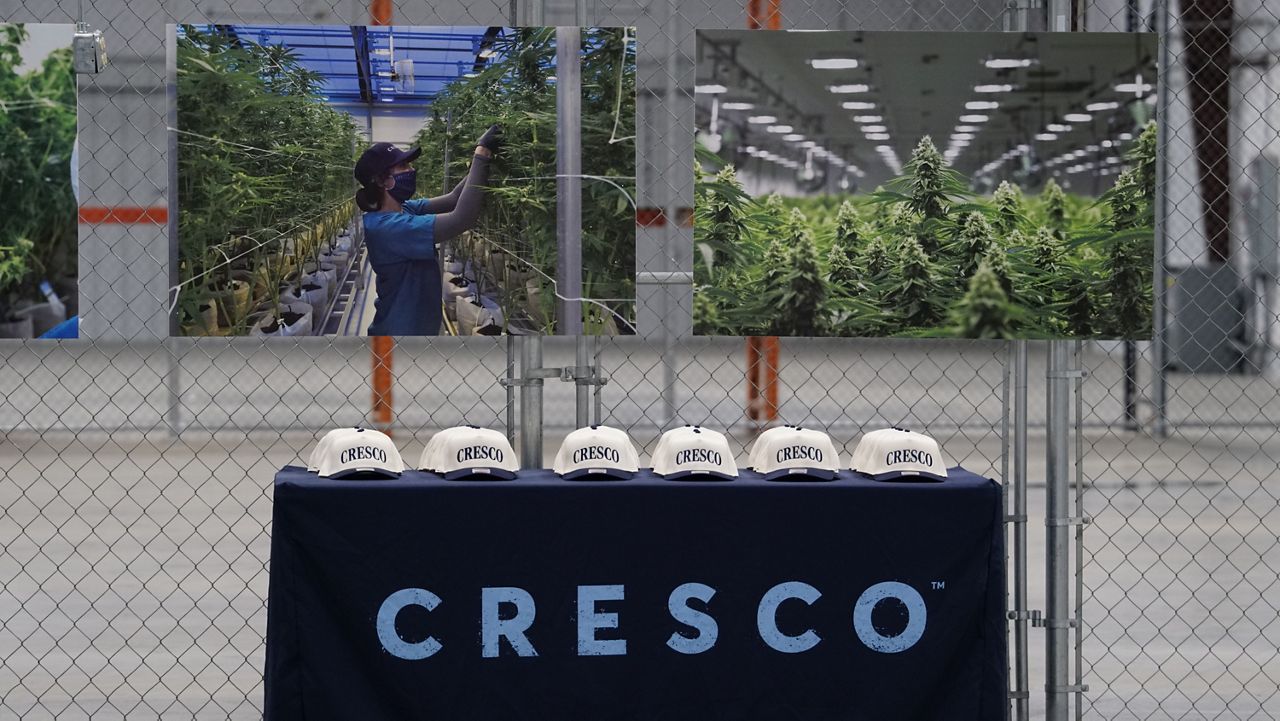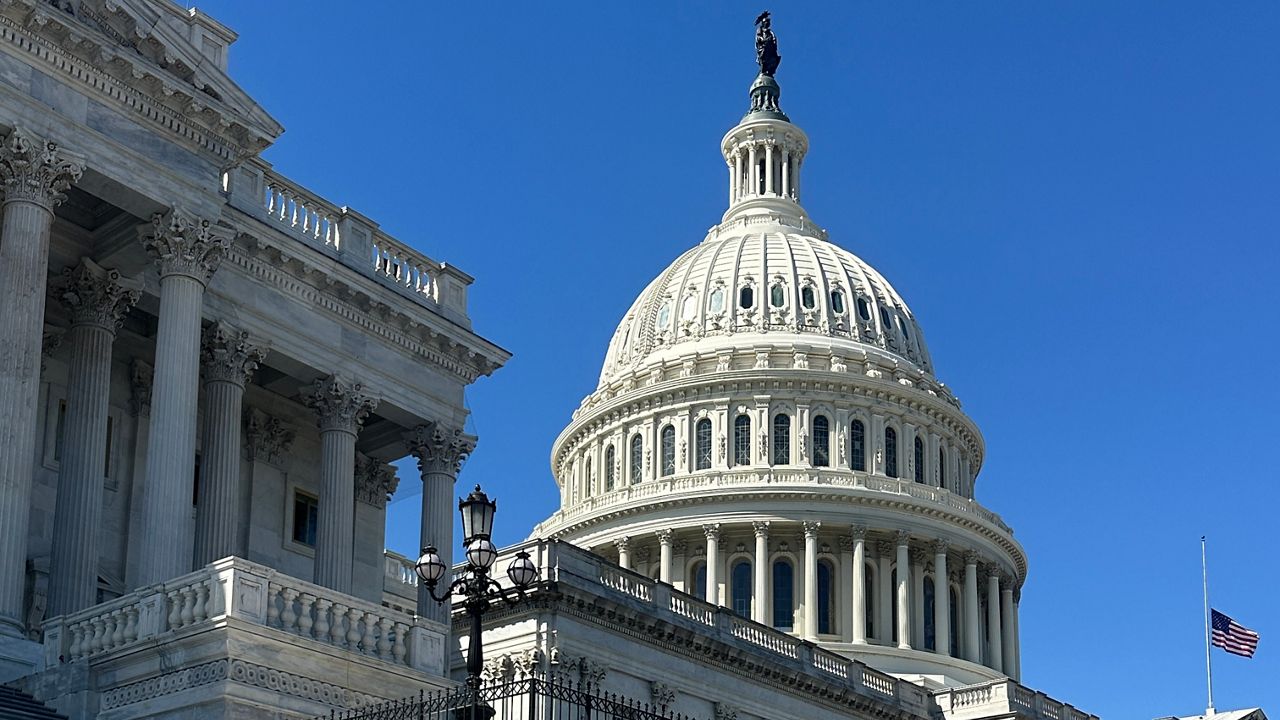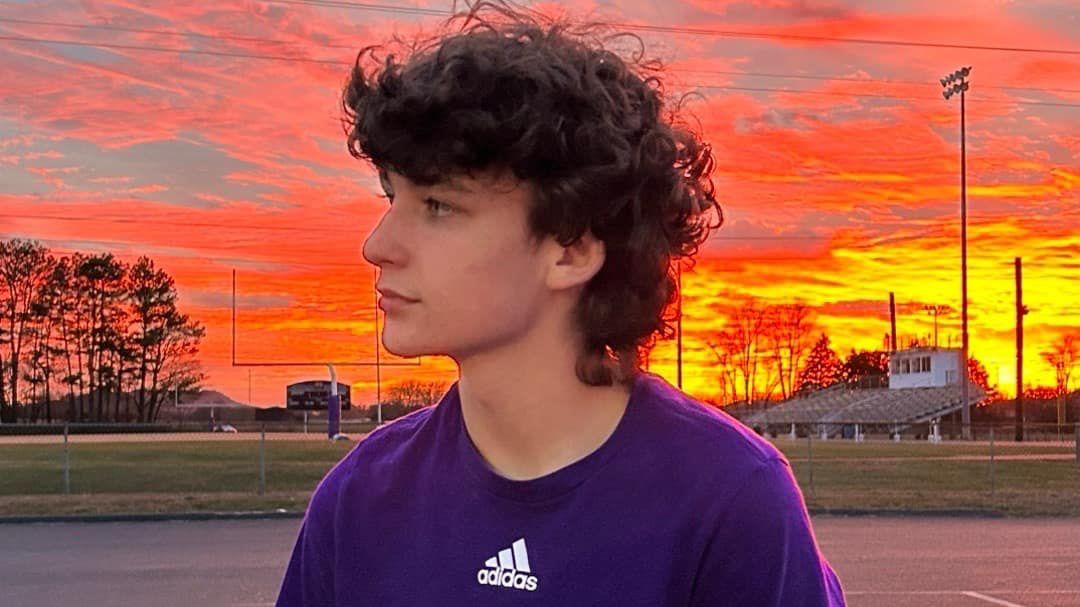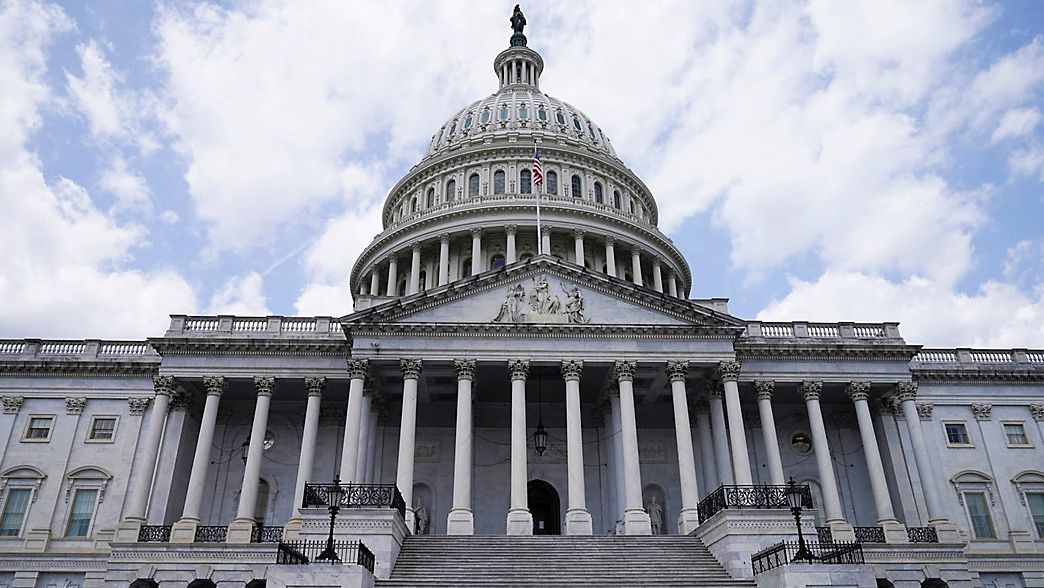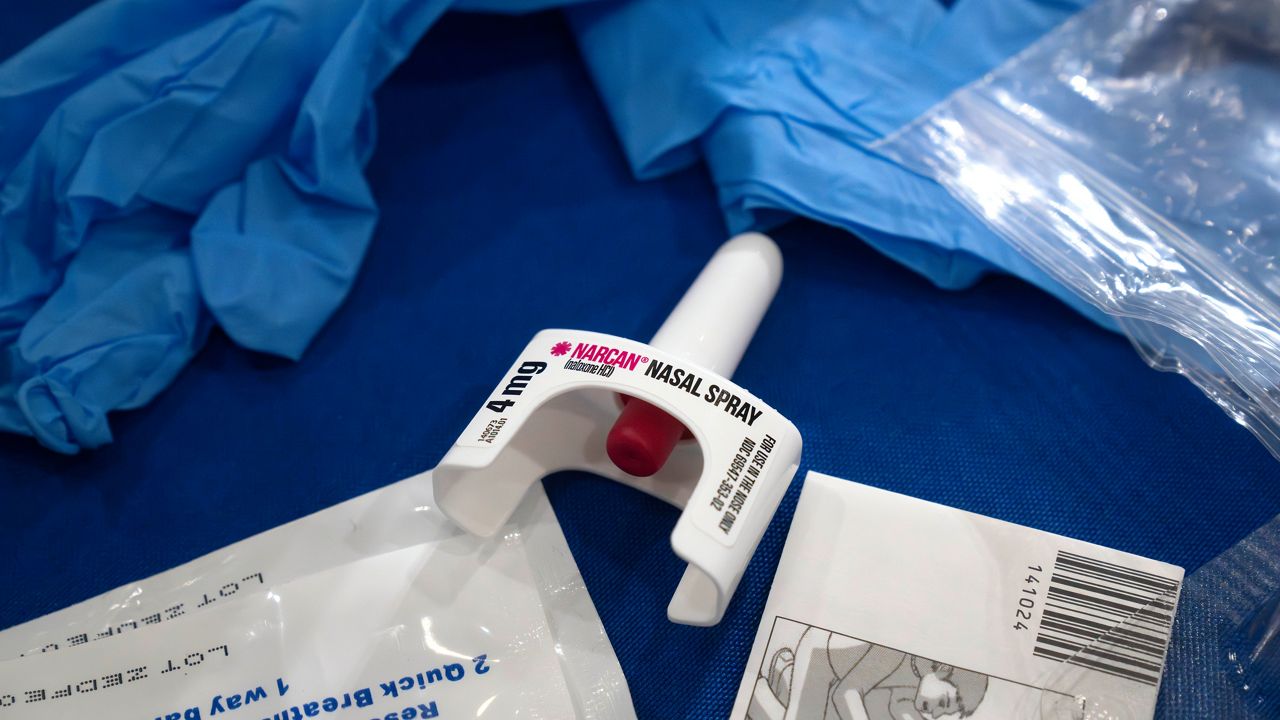LOUISVILLE, Ky. — President Donald Trump's administration has attempted to cut funding from the American Rescue Plan Act, a COIVD-era public health policy. That was temporarily blocked by a federal judge.
Billions of dollars from the ARPA go toward organizations across the country, such as the Kentucky Harm Reduction Coalition.
The coalition addresses the overdose crisis by working to make harm reduction resources, such as Naloxone (also known as Narcan) and test strips, widely available. It recently celebrated its 10th anniversary and has given out nearly 115,000 doses of Naloxone since its founding.
The nonprofit has a health and wellness lounge in the downtown area that has been open for almost two years, serving more than 3,000 people in that time.
“This space is to meet people where they're at, harm reduction, in a way where people have somewhere to come into,” said Shreeta Waldon, executive director of the organization.
People can grab hot meals, water, Naloxone and have access to a restroom in the lounge. Costs add up between keeping supplies stocked and paying staff.
“Because it takes about $200,000 to actually operate annually at the capacity that we're in three days a week and being in a climate where I'm not sure what's happening with funding, I don't know where we're going to be in another two months,” Waldon said.
The organization has been granted $100,000 this year from ARPA funding for a kiosk initiative in rural communities. Threats to the ARPA from the Trump administration have caused uncertainty, and Waldon said any loss of funding will impact the coalition.
“Why would you put an organization like ours in a position to think that we potentially won't gain new funding to support the continuation of these initiatives?” Waldon said. “It doesn't make sense to me.”“Why would you put an organization like ours in a position to think that we potentially won't gain new funding to support the continuation of these initiatives?” Waldon said. “It doesn't make sense to me.”
The U.S. Department of Health and Human Services said that the ARPA spending is no longer needed since the COVID-19 pandemic is over.
Possible cuts to that funding wouldn’t be a concern for Waldon if the coalition was receiving more from opioid abatement settlement funds, she said. The nonprofit was not selected to receive a grant for youth prevention.
“Harm reduction is not seen as a part of prevention, and that's unfair and is ignorant,” Waldon said. “Harm reduction is absolutely primary prevention.”
Fatal overdoses have been on the decline, and Waldon said harm reduction has been a contributing factor. It is part of the HHS’s Overdose Prevention Strategy.




